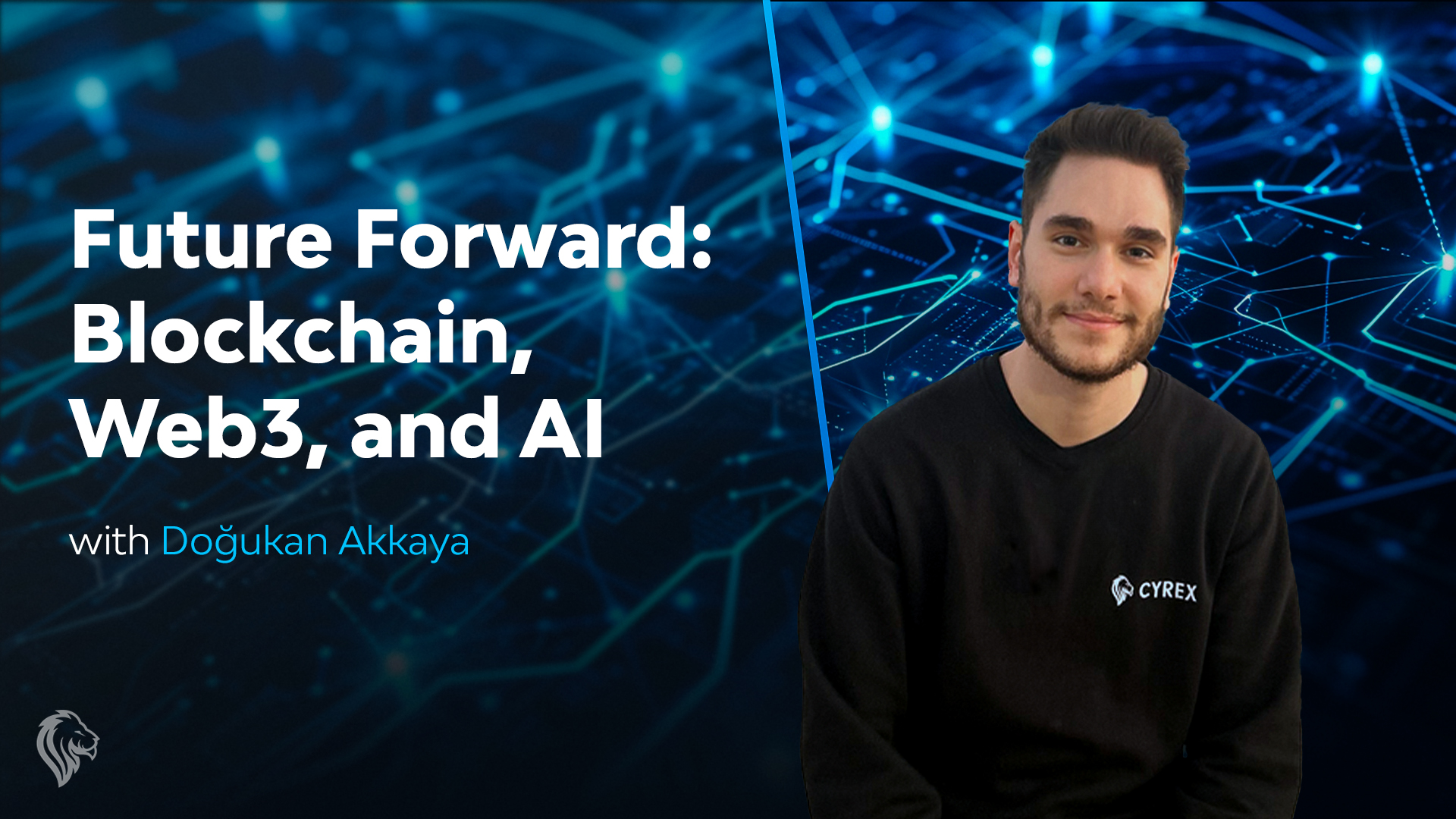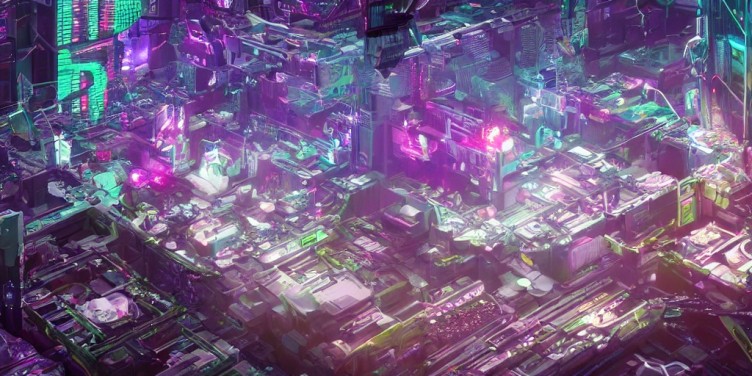According to DappRadar, a mix of venture capital funds and investors have invested over 2.5 billion into blockchain gaming and related infrastructure during the first quarter of 2022 alone. Placing it next to the 4 billion in 2021 and the 80 million in 2020 sheds some light into how much faith is being placed into this technology. But are we already experiencing mass adoption of these technologies on a day to day basis? Or is the boom in investment a result of a hyper trend backed by very (!) deep pockets?
A bit of both, and that’s expected. What the community needs to work on is finding ways of bringing blockchain to the general population because ultimately, that is the only thing that matters.
Where does the love come from?
The majority of supporters of this technology fall into three categories: techs, investors, and pure enthusiasts. Each of these has entirely different reasons for following and hyping blockchain, and all of them are entirely valid.
Developers and tech enthusiasts (like myself) are drawn to it by the old and chronic problems it solves. As mentioned in a previous article, there are many things to be gained by adopting blockchain across a whole plethora of industries. Because we understand the (very technical) possibilities we just can’t help ourselves from seeing these applied in the real world and how it would change our lives.
Investors on the other hand are looking at Blockchain and the whole Web3 concept as the next big thing. This trust, although not misplaced, still has a bumpy road ahead because nobody still knows how, when and where this new paradigm will lead to. In the meantime, everyone is betting on their horse, and there are oh so many horses to bet on.
Finally, enthusiastic individuals who do not necessarily fall under the developer or investor umbrella sit somewhere in the middle. Knowing and comprehending the potential of blockchain as a technology as well as the potential gains for early adopters, these individuals naturally become evangelists and aid in the promotion of the ecosystem.
Where is everyone else?
The vast majority of society does not fit into the previous three categories, meaning, they are not actively looking for “something else” they don’t even know exists. Even if it was clearer what Web3 meant, and what blockchain could bring to the table, it still would only matter to the enthusiasts. The fact is, most people are not very interested in what is happening underneath the products they use nor what it could mean in the future. Most people only worry about what a specific product solves for them now.
According to a survey conducted last year in the United States on user conformity to website cookies, 32% of users blindly consent to cookie usage on websites they visit. And consent is much higher in people under the age of 34. Given that we live in scandalous times when it comes to user privacy, this means that many people are simply unconcerned about what is going on beneath the surface or what it means to them. Their only drive is accessing what they want or need to access, fast. For example, the reason Facebook has lost traction in recent years has little to do with any data scandal and much to do with how the population is shifting in terms of how they interact with one another.
In summary, techies, investors and enthusiasts are only barking at each other, and that’s the wrong tree.
How to get around this?
Looking back, there have been many inventions or white papers that were simply ahead of their time. Microsoft, for example, released the first tablet a decade before Apple. This eventually faded into obscurity because they were too far ahead of their time for people to easily incorporate them into their daily lives. The same will have to happen with blockchain. Global adoption will only happen by creating actual products or services that solve real life current problems, that coincidently happen to be in blockchain. This is how we will justify the tech and raise the necessary awareness around it. Consumers come first.
We’re so focused on creating the next best thing that we’ve gone 10 steps too far. We’re building infrastructures and products to run on top of the new Web3 without first getting actual people there. But there’s good news: solid, ground-breaking work is being done! The finance and gaming industries have had a rocky but important adoption of these technologies, not because of what they use underneath but because of what they provide to their users.
In the case of DeFi, the benefits of a faster, secure and decentralized way of managing transactions speaks directly to this industry; For gaming, the possibility of physically owning digital assets makes absolute sense for its target audience.
One example close to home is Talent Protocol. This product aims to motivate connections and promote individuals through the use of “sponsored” social tokens. Of course there is a whole “tokenomics” aspect to it, and it can only exist with the support of blockchain, but that is not what is leading people there. It’s the actual promise of support and community.
Final thoughts
We, as a community, need to focus even more on finding solutions to current problems, rather than debating the validity of the technology and what it might mean in the future. We must start simple, small, and, most importantly, productize these solutions in ways that people can recognize and understand.
Web3 will not be fully established for years to come, and it will be built product by product, driving the integration further and further.
Related Articles

Secure Your Web3 Future: Cyrex’ Blockchain Wallet & Bridge Development
Unlock the power of Web3 with secure blockchain wallets and innovative bridges by Cyrex....
Read more
Infrastructure, Blockchain, and Scalability with Erick Rettozi
In this article, Cyrex' Lead Backend Engineer Erick Retozzi offers expert advice on buildi...
Read more
Future Forward: Blockchain, Web3, and AI Technology with Doğukan Akkaya
Join Doğukan Akkaya as he navigates the cutting edge of technology in 'Future Forward.' F...
Read more
The trough of disillusionment – Blockchain and AI
Explore Gartner's Hype Cycle and its parallels with AI and Blockchain. From initial excite...
Read more


